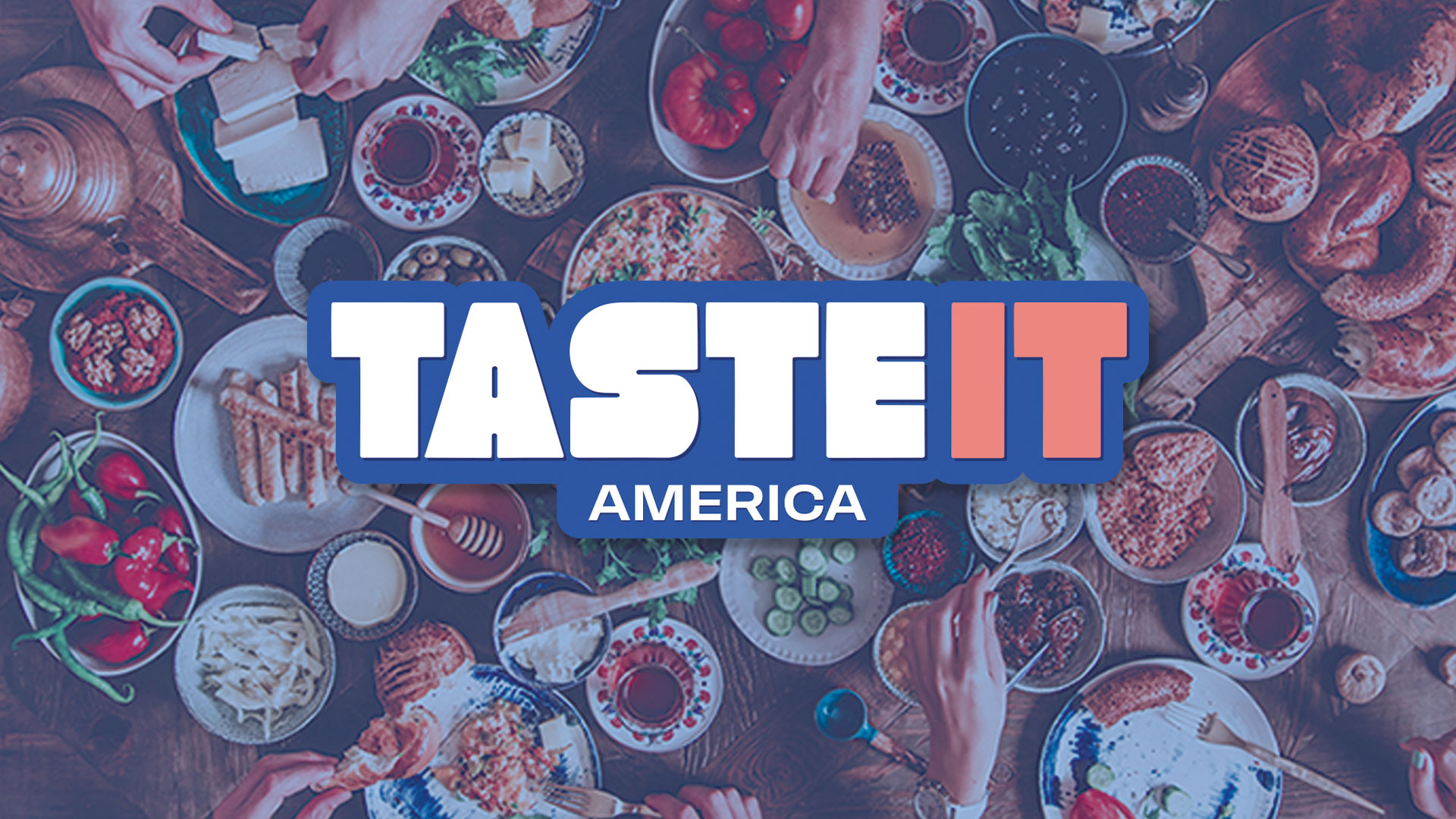Italian agri–food exports to the U.S. stalled sharply in May, with growth slowing to just 0.4%, according to Coldiretti’s analysis of Istat data. The decline follows a strong start to the year, when exports grew by an average of 11% in the first quarter. The slowdown is attributed to mounting uncertainty over the global trade environment and the looming threat of new tariffs from the Trump administration. April’s modest 1.3% growth—coinciding with the imposition of an initial 10% tariff—gave way to a sharper contraction the following month.
Key Made-in-Italy products are bearing the brunt of protectionist measures. Cheeses face tariffs of 25%, processed tomato products and jams 22%, wines around 15%, and filled pasta 16%. In May, extra virgin olive oil exports fell 17%, processed tomatoes by 17%, and cheeses by 4%, though wine exports saw a modest 3% rebound.
Ettore Prandini, president of Coldiretti, warned that the downturn cannot be blamed solely on tariffs. “Rising inflation and a weakening dollar against the euro are making Italian products more expensive. When combined with the threat of 30% tariffs, this creates an almost unsustainable burden,” he said. Prandini called for a negotiated agreement rather than retaliatory tariffs.
Vincenzo Gesmundo, Coldiretti’s secretary-general, echoed these concerns, criticising the EU’s muted response. “We need a deal that safeguards our businesses without compromising quality or food safety. The current impasse—marked by EU Commission President Ursula von der Leyen’s absence and recent concessions to the US, including increased NATO contributions—leaves us exposed to a highly asymmetrical relationship that threatens Italian exports,” he said.
L’articolo Tariffs Slow Down Italian Agri-Food Exports to the U.S. proviene da Italianfood.net.



